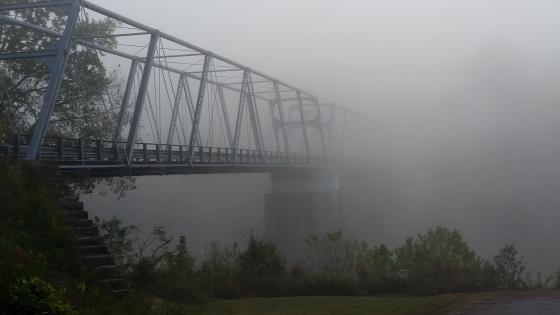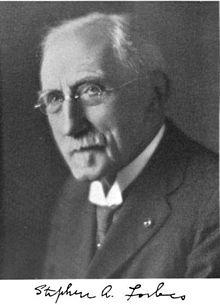
Kentucky's Office of the State Entomologist History
Most of the serious insect pests in the United States actually come from other countries. About 90% of these pests arrived on shipments of plants, seeds, or plant products. Many of them got into the country before anyone could take action to stop them, because there weren’t enough trained insect experts at the time.
Things began to change when the Morrill Act of the 1860s created land-grant colleges, and the Hatch Act of 1887 set up state experiment stations. These laws helped make economic entomology—a science focused on insects that affect crops—a real profession. Entomologists were some of the first people hired at these stations, and they worked mostly on their own to solve insect problems in their states.
Over time, people realized that foreign insect pests were a big threat. California farmers were especially worried because their state had so many of these pests. In 1881, California passed laws to stop plant pests from coming in. Over the next 15 years, other states passed similar laws, called “nursery laws,” because of a pest called the San Jose scale that was spreading quickly across the country.
However, states had very different rules and methods for dealing with pests. So in 1897, S. A. Forbes, the Illinois State Entomologist, called a meeting with other state entomologists to talk about the problem and how to fix it. The group agreed that both state and federal laws were needed and supported the idea of a national convention.
S.A. Forbes
S. A. Forbes, the Illinois State Entomologist, called a meeting of official entomologists from surrounding states to discuss this new pest [San Jose Scale] and means of alleviating it. The group at this meeting felt that both state and federal legislation was imperative and endorsed a call for a national convention.
